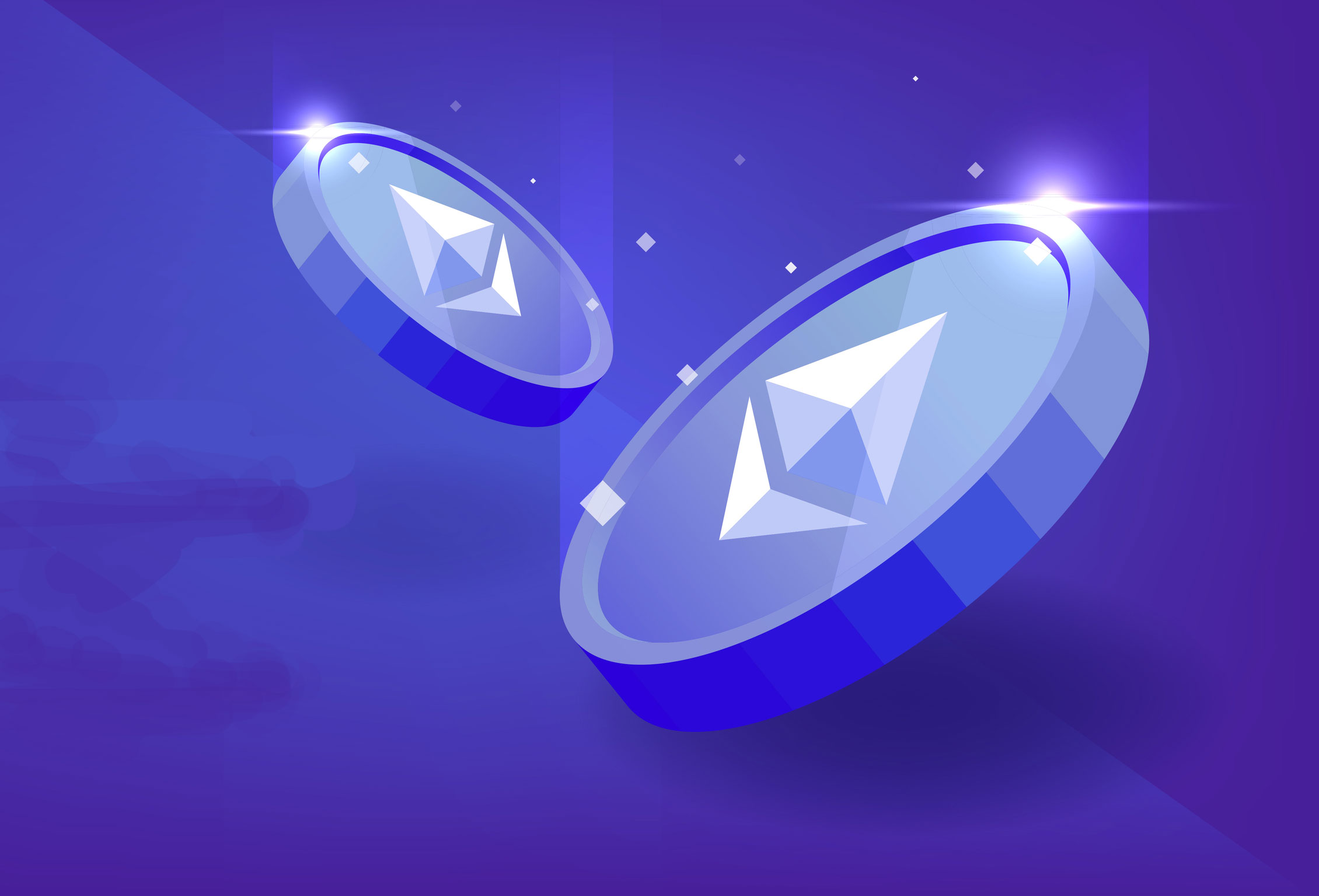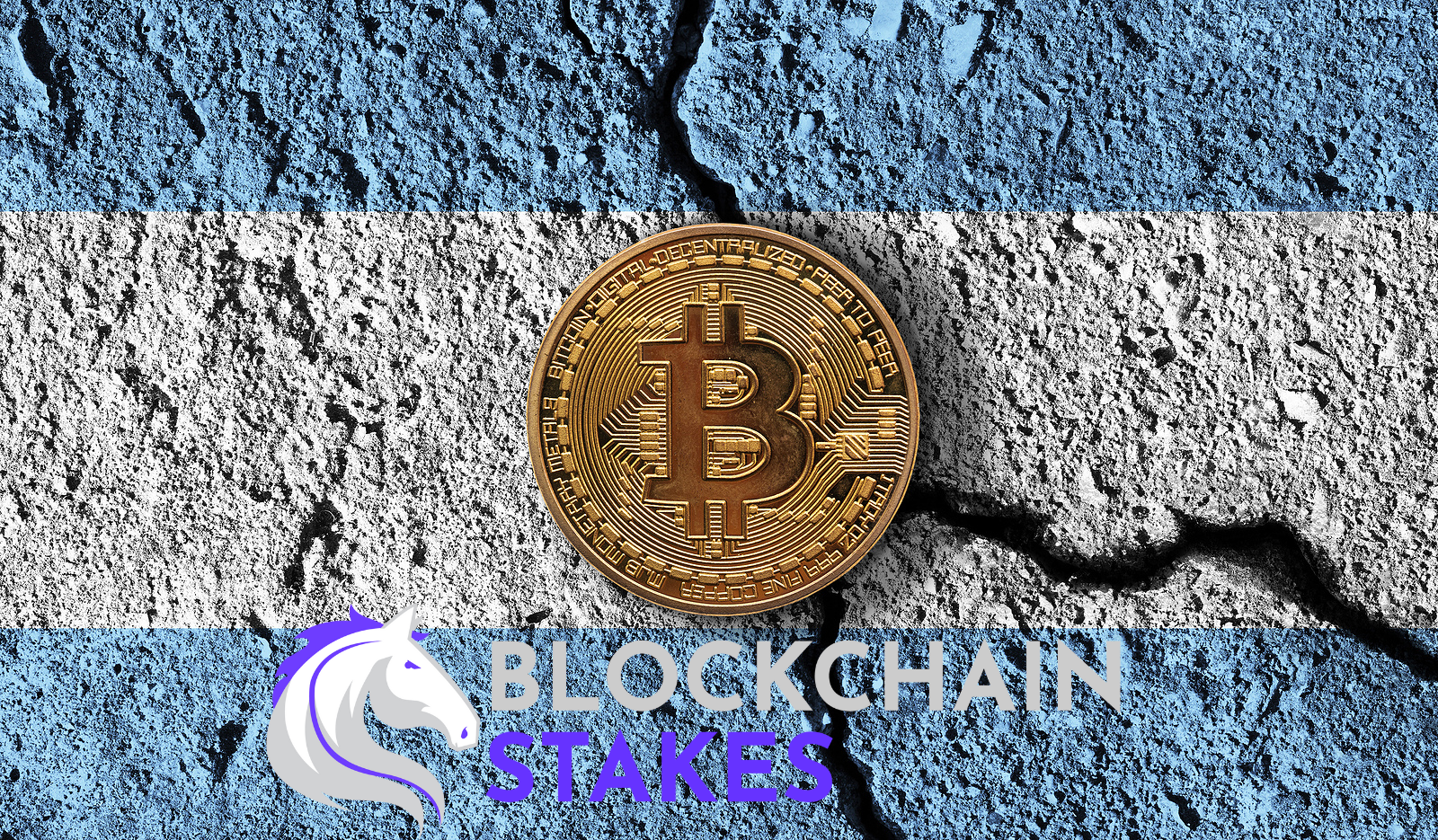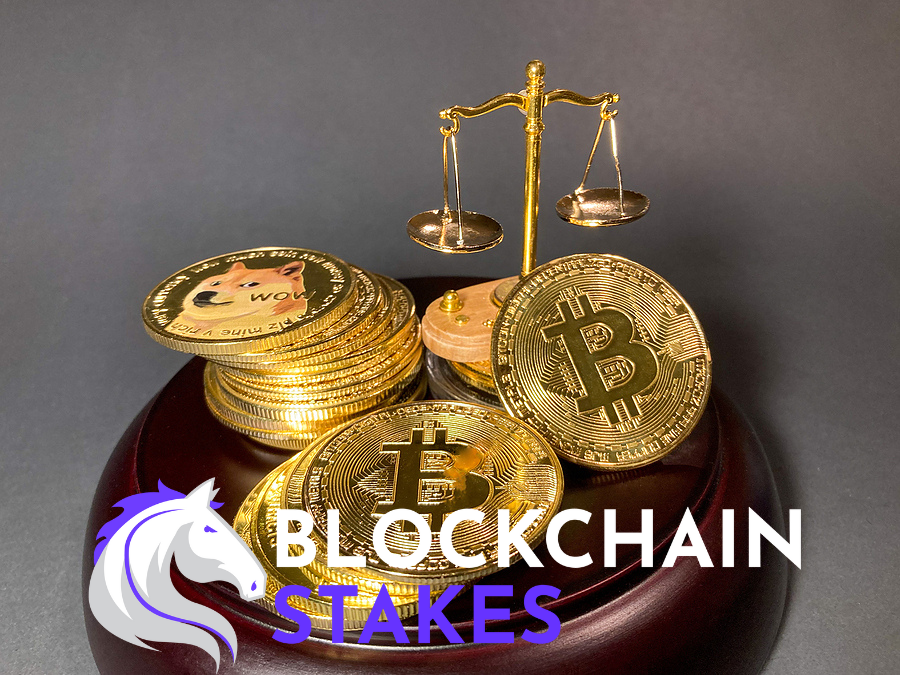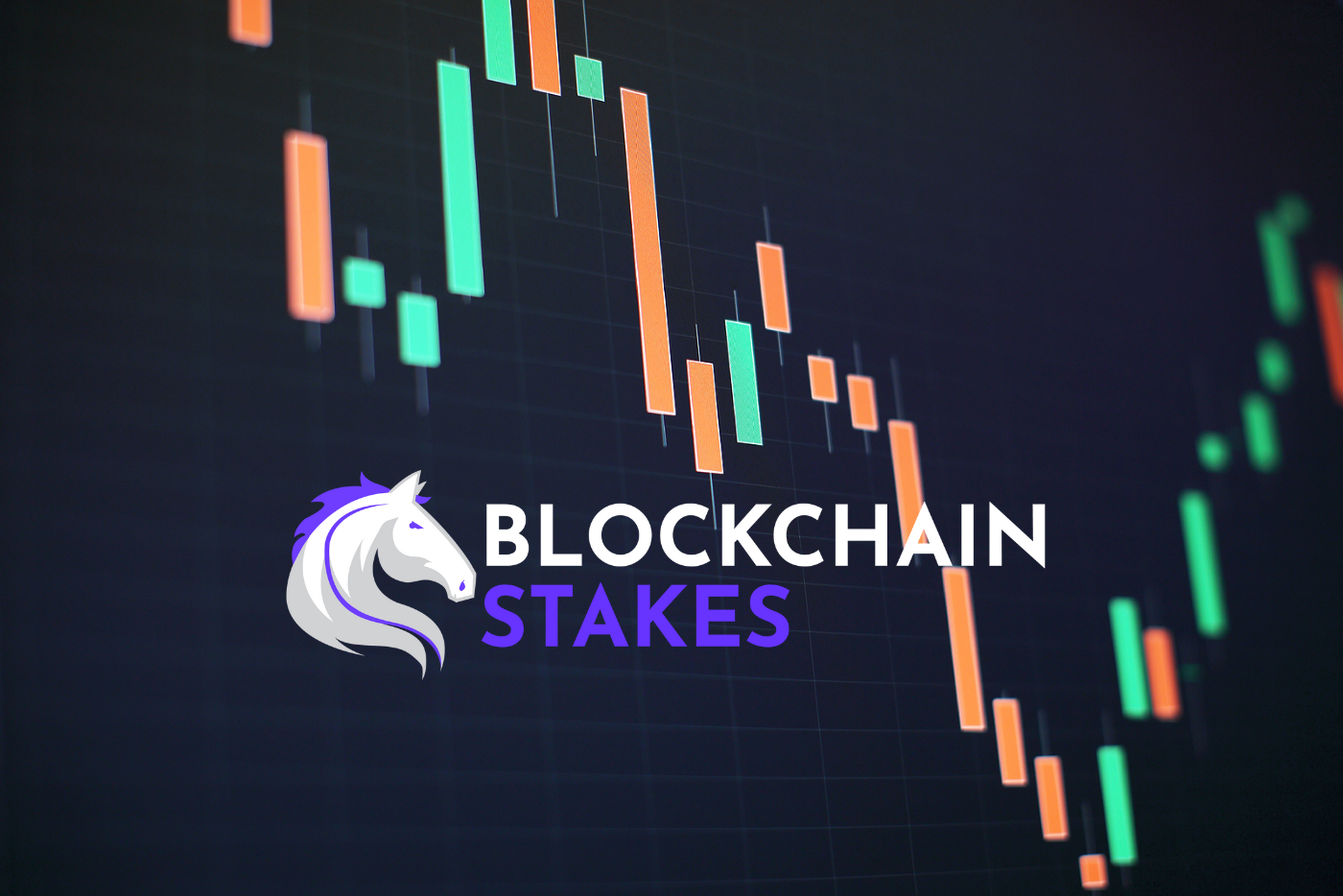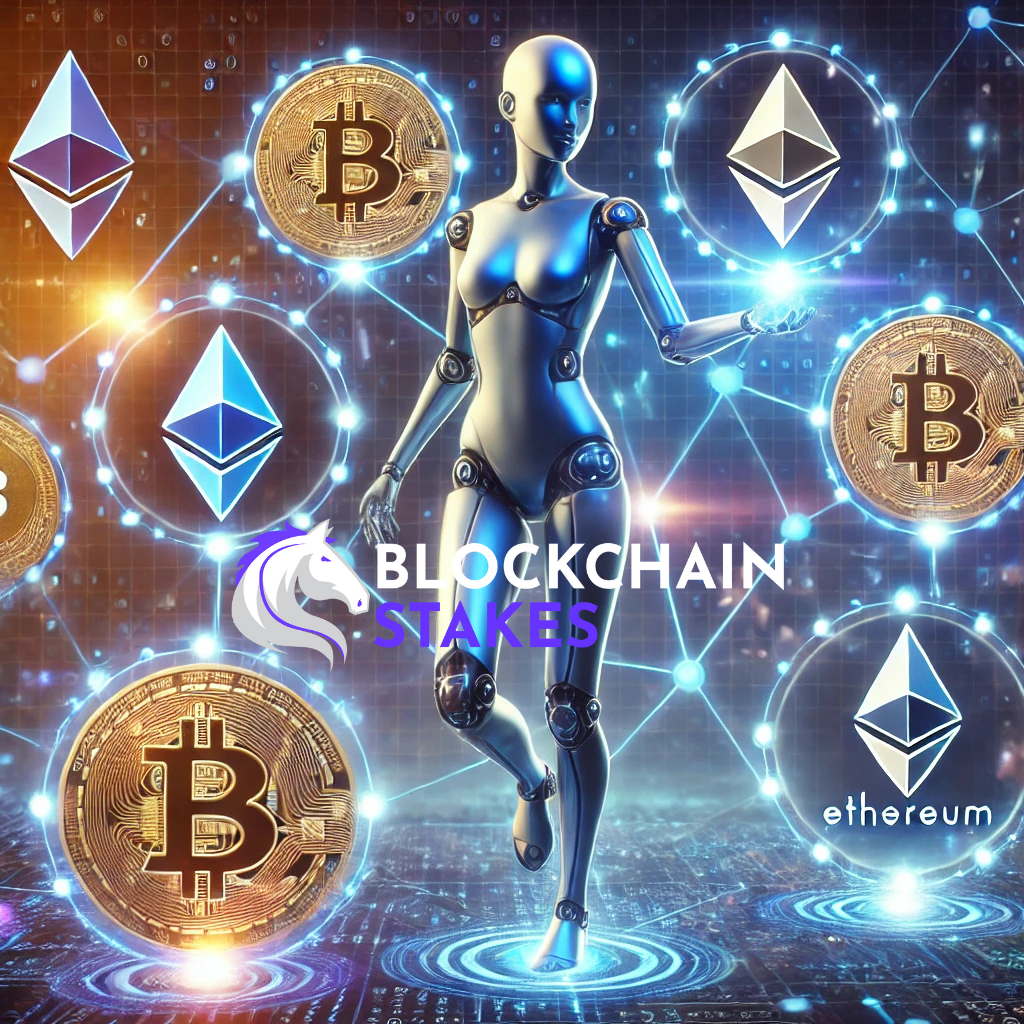Introduction
In the fast expanding field of blockchain technology, Ethereum has emerged as one of the most significant and revolutionary platforms. In contrast to Bitcoin, which primarily serves as a digital currency, Ethereum provides a versatile environment that goesbeyond simple transactions. In this blog post, we’ll look at Ethereum’s core concepts, background, technological advancements, and potential impacts on a range of industries.
What is Ethereum, exactly?
Decentralised applications (dApps) and smart contracts can be made using the open-source blockchain platform Ethereum, which Vitalik Buterin invented in 2015. In contrast to Bitcoin, which focuses on peer-to-peer electronic money transfers, Ethereum aims to provide a decentralised, programmable platform for a range of applications.
The native cryptocurrency is called Ether (ETH).
Ether, denoted by the symbol ETH, is the name of Ethereum’s native cryptocurrency. It serves a variety of purposes on the Ethereum network, such as carrying out smart contracts, covering transaction costs, and serving as a store of value. Ethereum’s blockchain uses a Proof of Stake (PoS) consensus mechanism in place of Bitcoin’s energy-intensive Proof of Work (PoW) consensus technique.
What Are Smart Contracts, Exactly?
Ethereum introduced the concept of smart contracts, enabling automated, trustless transactions without the need for middlemen. Smart contracts are agreements that automatically carry out their obligations because they are encoded in code and take effect when certain conditions are met.
Smart Contract Use Cases
Smart contracts are used in many sectors, including finance, supply chains, real estate, and healthcare. For instance, in the financial sector, they can help automate loan agreements, and in the supply chain management industry, they can transparently track the movement of commodities.
What Exactly Are dApps?
DApps, or decentralised apps, are applications that run on blockchain networks. One of the most popular development environments for dApps is Ethereum. Decentralised applications, or dApps, operate on a network of computers (referred to as nodes) rather than a solitary, central server.
Three broad categories can be used to group dApps:
Financial operations like lending, borrowing, trading, and asset management are made possible by DeFi (Decentralised Finance) dApps.
Gaming: In blockchain-based games, unique in-game assets that players can exchange are created using non-fungible tokens (NFTs).
These dApps are used for decentralised decision-making processes, which enable user participation in network governance.
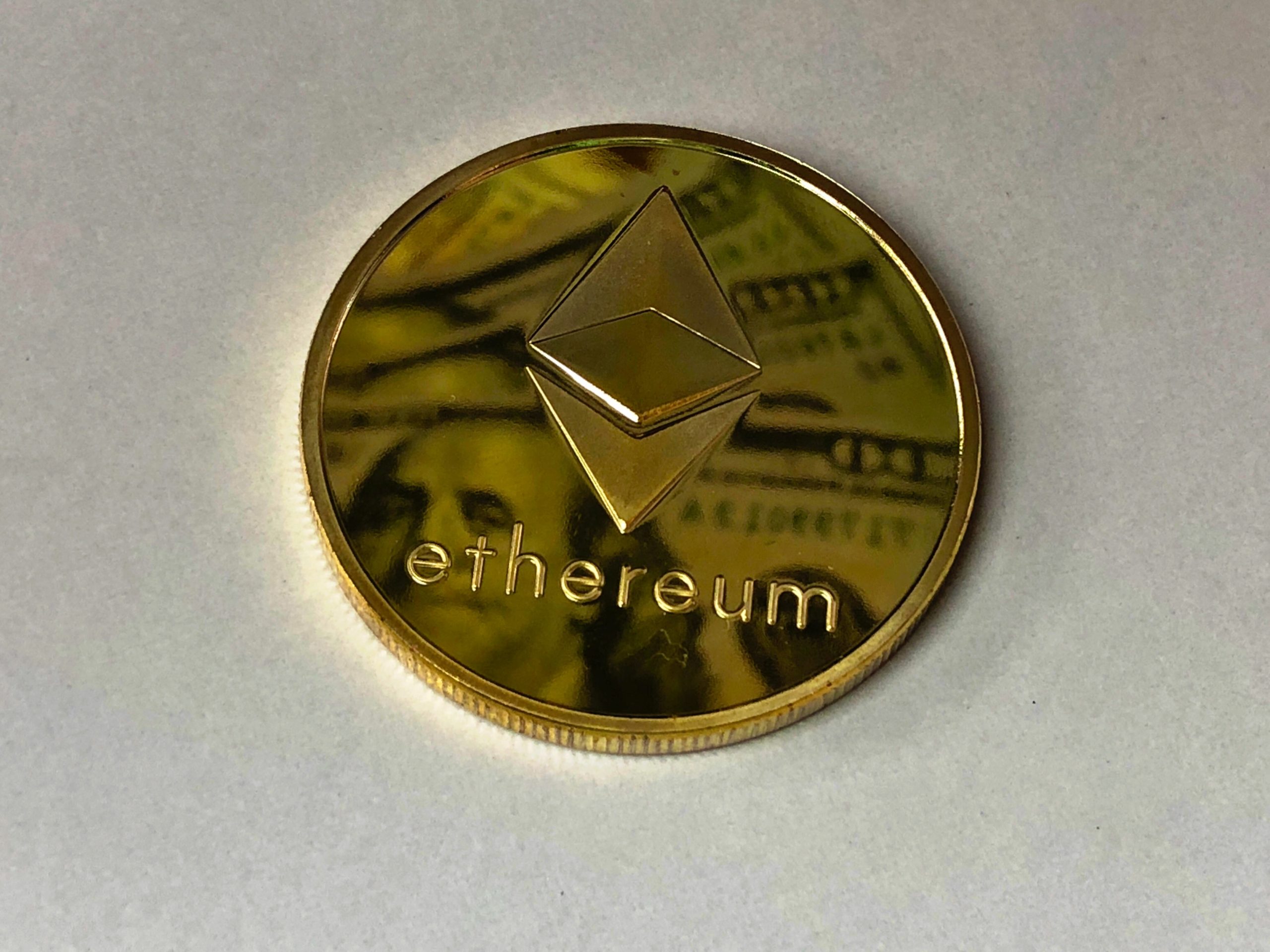
What is the Ethereum Virtual Machine, or EVM?
The Ethereum Virtual Machine (EVM), a crucial component, is necessary for the Ethereum network to function. It is a decentralised computer that executes smart contracts and manages transactions. The EVM maintains network dependability by ensuring consistent code execution across all nodes.
Ethereum development
The most popular programming language for creating decentralised applications (dApps) and smart contracts on Ethereum is Solidity. Ethereum provides development tools, libraries, and frameworks like Truffle and Remix to make the development process easier.
EIPs, or Ethereum Improvement Proposals
EIPs are recommendations for changes or added functionality for the Ethereum network. They might include brand-new items, renovations, and upgrades.
Decentralised Finance (DeFi) has benefited greatly from Ethereum. DeFi applications offer traditional financial services including lending, borrowing, and trading without the use of middlemen. The consequence could be a more democratic financial system that promotes greater financial inclusion.
Digital Ownership and NFTs
The creation of Non-Fungible Tokens (NFTs) also relied heavily on Ethereum. NFTs are unique digital assets that represent ownership of material or immaterial objects. The Ethereum ERC-721 standard allowed for the production and exchange of NFTs, which launched a booming market for digital collectibles, artwork, and virtual properties.
Business Adoption
Several companies and consortiums have adopted Ethereum for a range of use cases, including asset tokenization, supply chain tracking, and identity management. Ethereum is a valuable currency because of its security and openness.
Key Takeaways
From a revolutionary concept, Ethereum has developed into a vibrant ecosystem that continues to reshape the blockchain industry. Its emphasis on smart contracts, dApps, and decentralised money has caused significant innovation and disruption in a variety of different industries. For developers and fans alike, Ethereum is an exciting topic to watch as it continues to develop and grow with the potential to completely transform a variety of sectors. Whether you’re interested in creating on Ethereum, investing in cryptocurrencies, or just learning more about blockchain technology, Ethereum remains a crucial platform to research.













